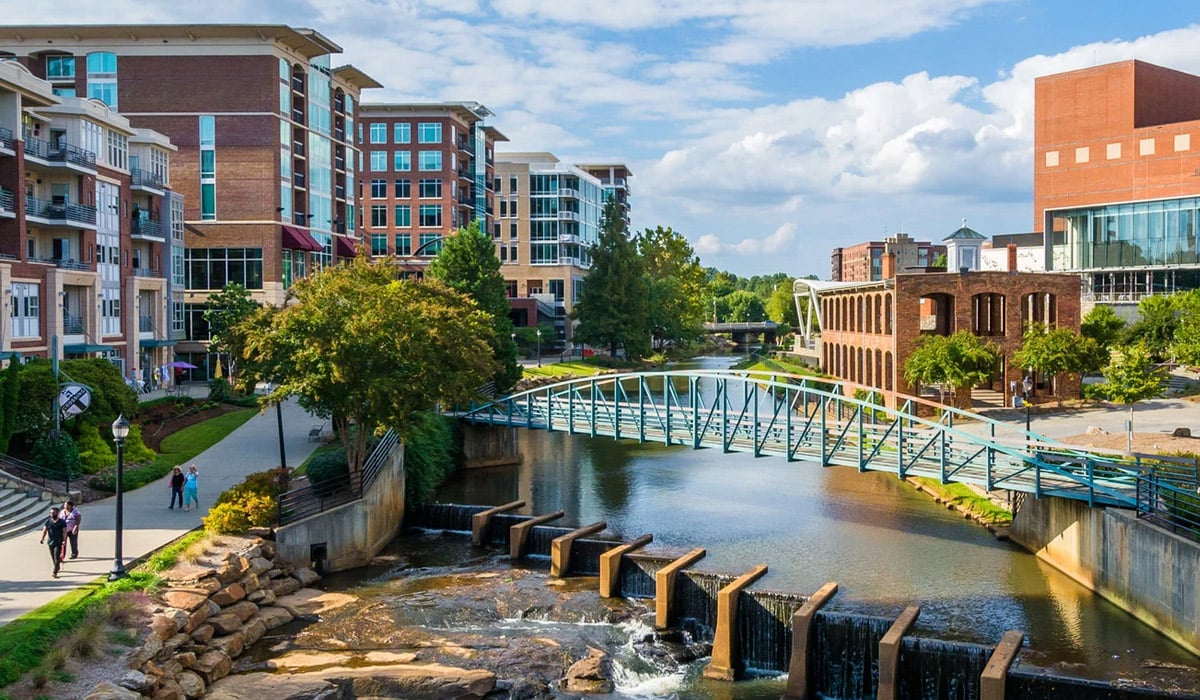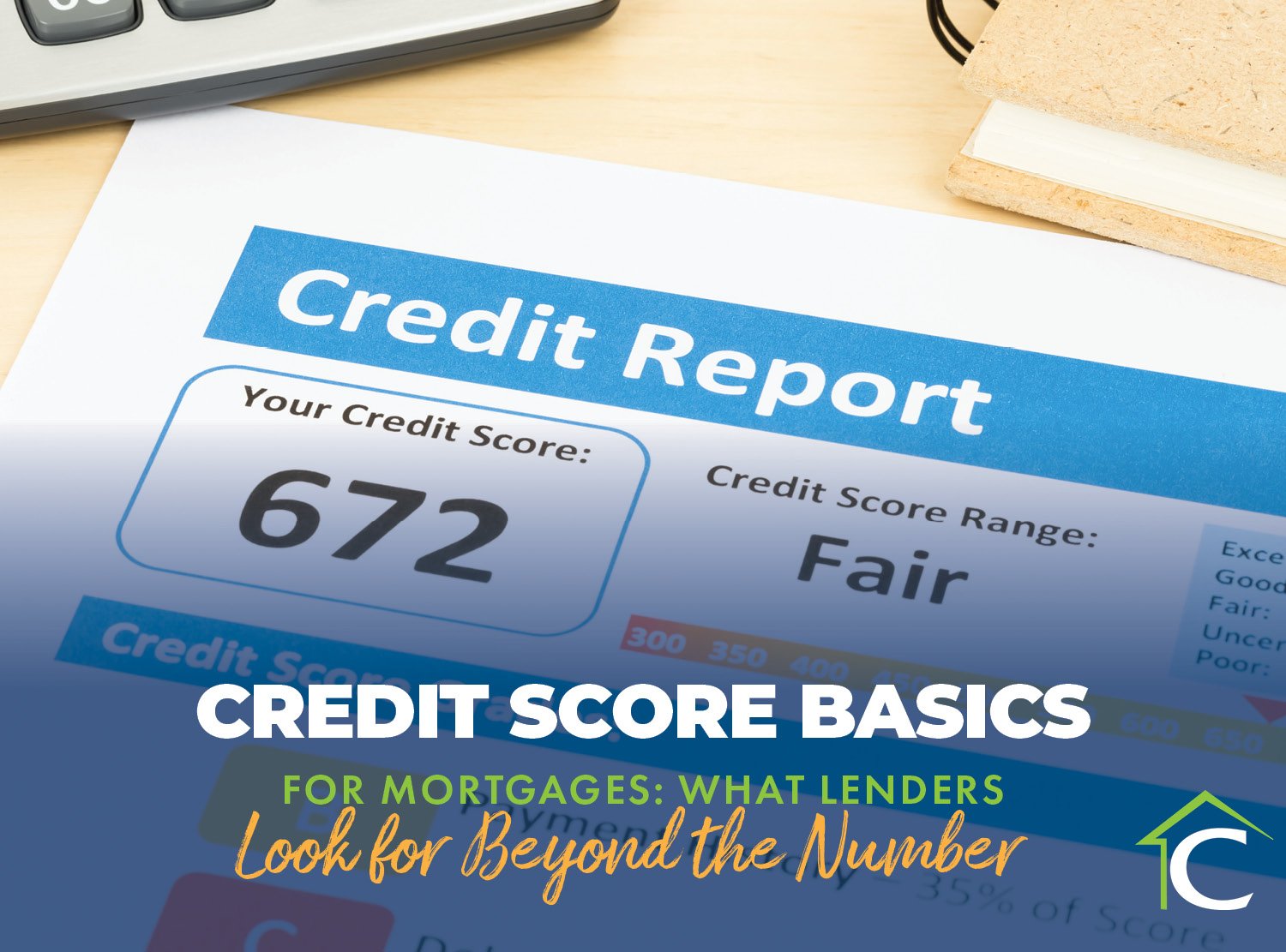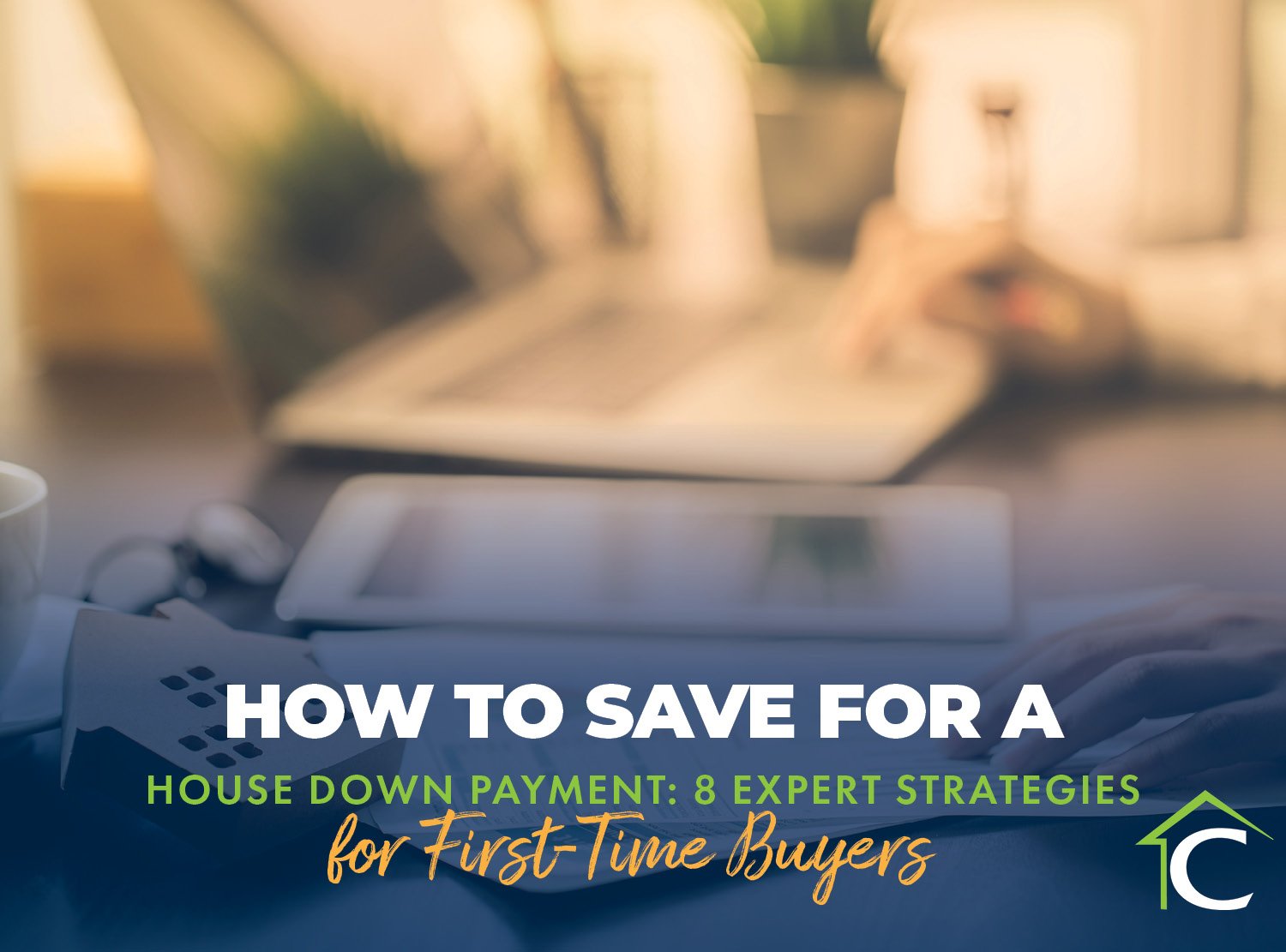Buying your first home can be an exciting prospect, but also a challenge. With some knowledge of what to expect when you first seek a home, you'll do much better in mind, body and spirit than you would entering this important life step blindly.
This guide for first-time home buyers will provide you with an outline of what you should expect when buying a home so that you can make informed decisions.
Choosing the Right Home for Your Needs
There are lots of things to consider when you first seek to purchase a home. First, you need to decide what type of home you desire most, while also being practical in your thought process.
- Do you need a home large enough for just yourself and a spouse, or would you like a larger home that can accommodate a growing family?
- Do you want a home in a rural or urban area?
- Do you prefer a new home, or would a "fixer-upper" be more suitable?
- Do you want to purchase a home in a neighborhood with a homeowner's association, or would you rather live in a neighborhood without strict rules?
- Do you want to live in a single-family or multi-family home? Or would you rather buy a condo or co-op?
Be as descriptive as possible when making these decisions so that you can narrow down your search. Make a list of important features you'd like in your home, deciding which ones you can do without if you needed to compromise on a few things and then share it with a reliable realtor.
Getting Pre-Approved for a Mortgage
Once you've decided what type of home you'd like to get, the next step is getting pre-approved for a mortgage. It means you will go to a bank or other financial institution, provide them with your basic financial information, and they will let you know how much of a mortgage you can be pre-approved for. You can then show the pre-approval letter to realtors and home sellers so that they know you are a serious buyer.
However, the pre-approval letter doesn't necessarily mean you will actually be granted a mortgage. When you begin the mortgage application process, you will need to provide the financial institution more comprehensive information.
Deciding on Your Budget and Choosing a Mortgage
Before seeking to buy a house, ensure that all your finances are in order. That means eliminating any credit card debt, reviewing your credit score, and gathering substantial funds that you may need for closing costs. You will also need to decide exactly how much you can afford to pay for a house and what type of mortgage you will apply for.
Even if you are pre-approved for a large amount, such as $300,000, your budget might actually only allow for a home up to $250,000. When speaking with a mortgage broker, you will be presented with several options for a mortgage, each with its own interest rates, which can significantly affect how much your monthly premiums might be. Once you have an idea how much your premiums might be based on the purchase price of a house, you can adjust your budget accordingly, deciding that you need a less expensive home or realizing you can actually get something that costs more.
Remember to review your mortgage options carefully, and be sure to ask about closing costs and other fees associated with each type of mortgage. Closing costs can vary according to the mortgage and other fees you may run into that can add to your monthly premium include mortgage insurance and property taxes.
The amount of money you initially put down on a home can also affect your premium and whether you will need to pay mortgage insurance, so you'll want to be sure to have all the details up front.
Getting Money for Closing Costs
Most lenders prefer a down payment of 20 percent, though you can offer less with certain types of mortgages. As a guide for first-time home buyers, many lenders will also provide information about programs that can help with closing costs and other options for lower down payments. Regardless of whether you receive assistance, you can still expect to pay a significant amount of money at closing. Also, the lenders will want to know that you have these funds available well before the closing date or you may not be approved for the mortgage.
When you first begin the mortgage application process, lenders should tell you about closing costs right away so that you can be prepared. The numbers at final closing may vary, but must remain within a certain range.
Lenders also understand that many first-time home buyers don't always have the significant savings needed for a down payment or closing costs, and so receiving funds from family is also allowed.
Working With Real Estate Agents
Throughout the whole process, your real estate agent should be providing advice on what steps to take as a first-time home buyer, such as making an offer on a home, getting a home inspection, having an appraisal done, and other important details. The agent should also be able to help you complete paperwork provided by both the seller's agent and the lender, while also protecting you from any adverse issues that may arise from the seller. You will typically not need to pay the agent anything, as he or she will receive a commission from the sale of the home.
Finally, the Closing
At closing, you will sign what seems like a thousand documents, provide the funds needed for closing to an escrow agent, and be presented with the keys to your new home!

















